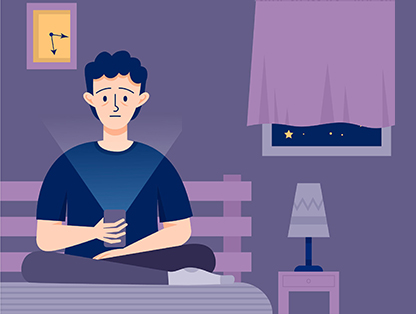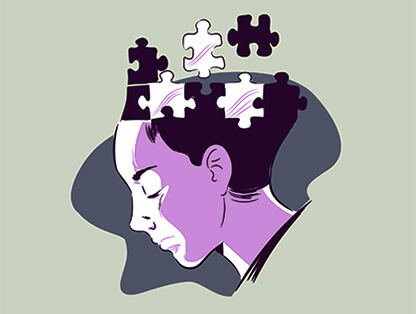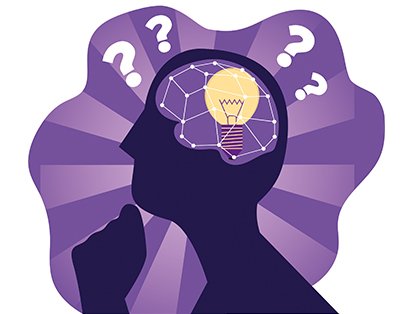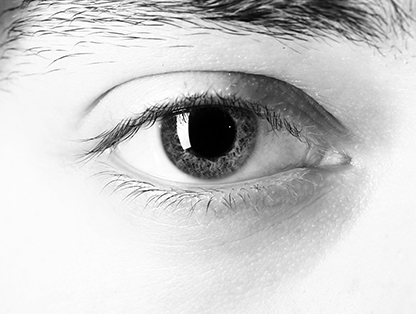1. There are moments my own hands or feet feel unfamiliar or not my own.
2. I feel like I live in a dream when I’m awake.
3. It feels like I am observing myself outside of my body.
4. I find it hard to accept what I am touching as real.
5. There are moments when I doubt whether my own thoughts are real or authentic.
6. Sounds are either softer or louder than they should be.
7. It feels as if I am not in total control of my speech or movements.
8. I hardly feel any affection towards family and close friends.
9. There have been times when I felt like my reflection in the mirror wasn't me.
10. It seems like objects around me are changing their shape or size.















